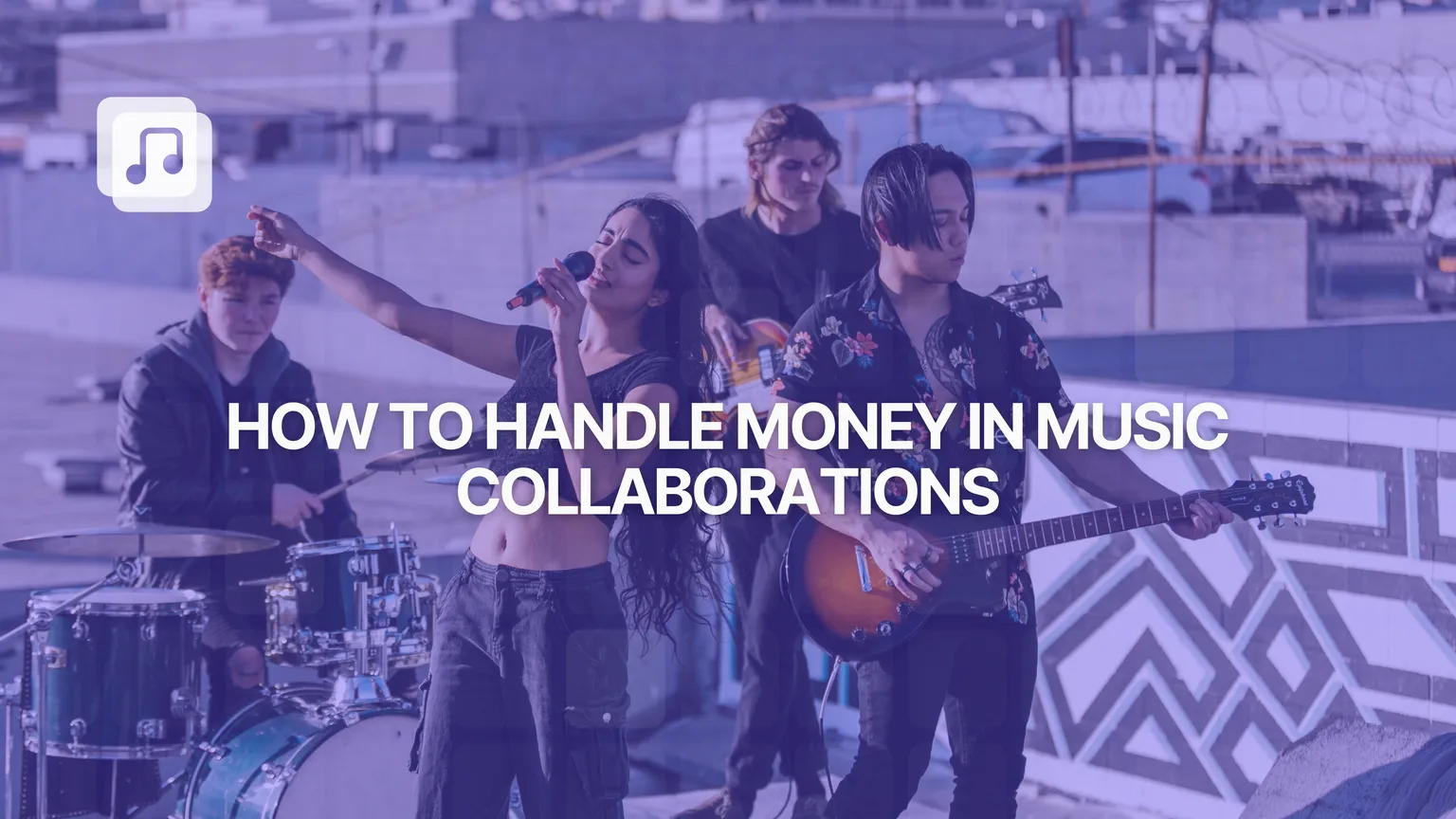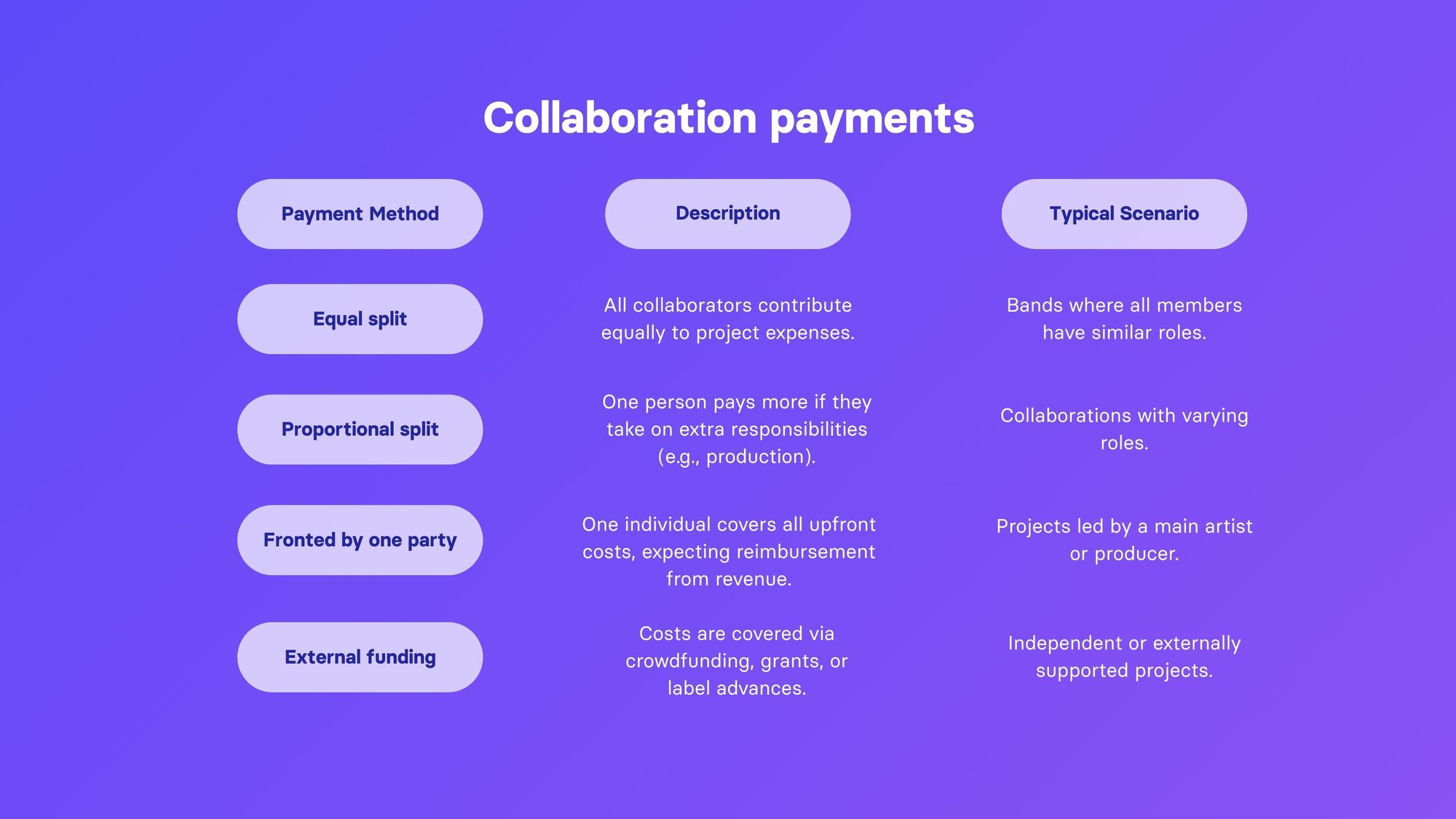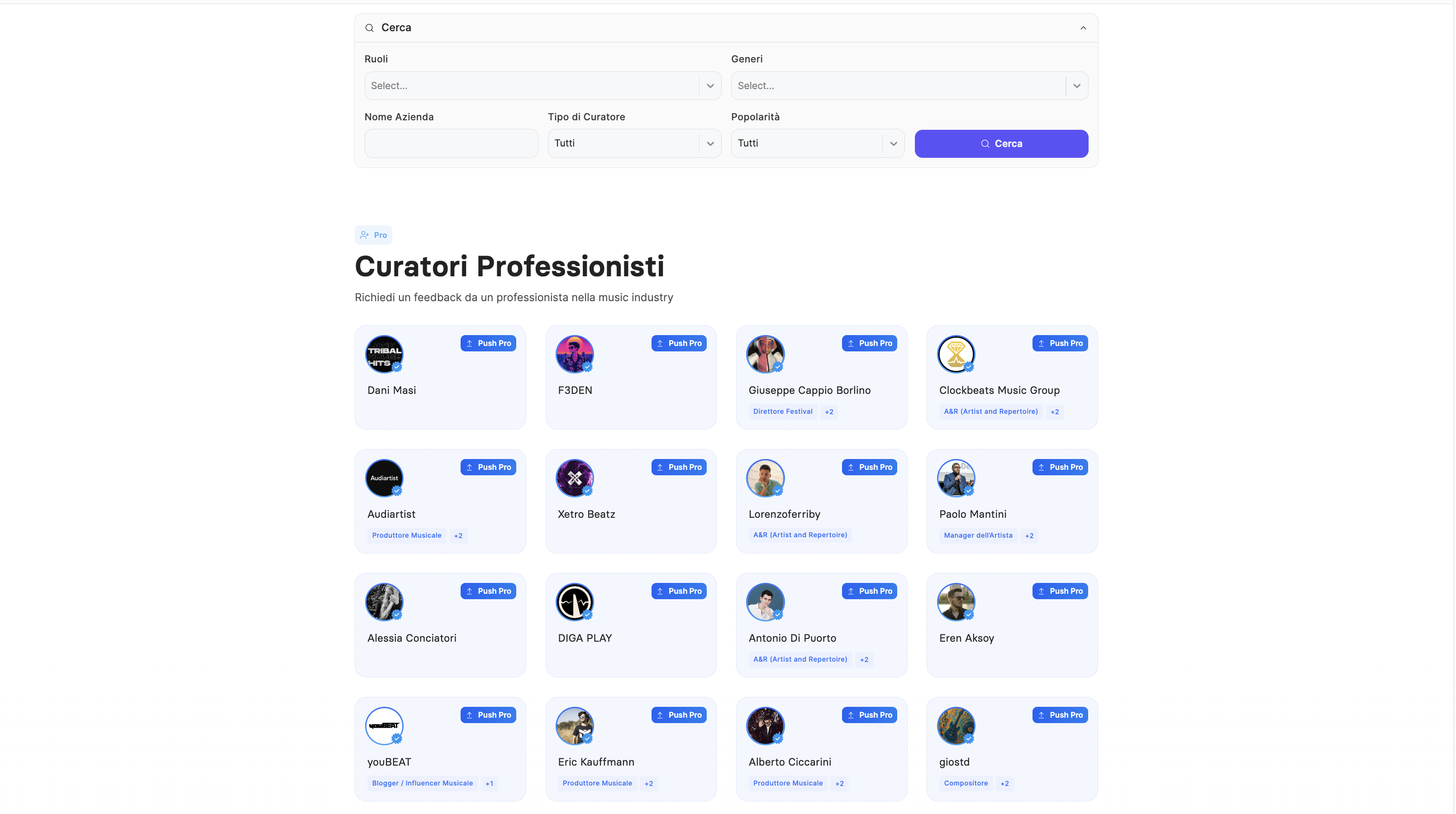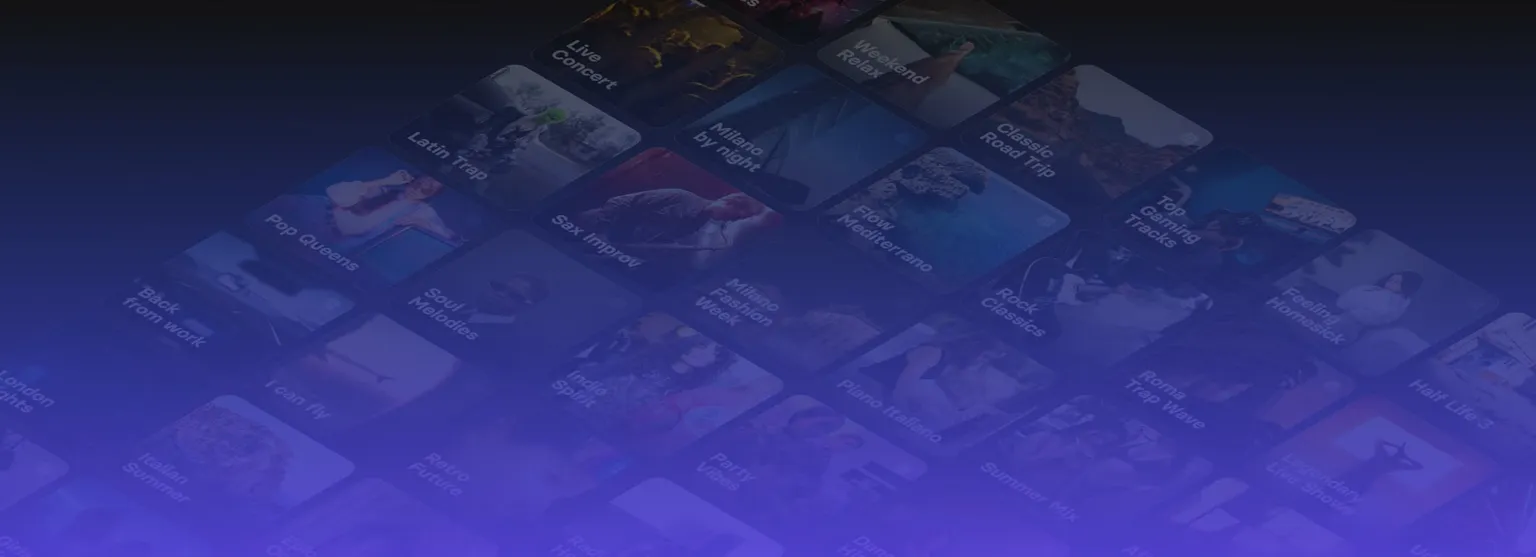How to handle money in music collaborations: a complete guide for artists and producers

Working with other musicians on a creative project is exciting and often incredibly rewarding. But one of the most sensitive and essential topics in any collaboration is money management. Who pays for what? How are profits shared? How can you avoid financial misunderstandings that could ruin a great project?
This guide walks you through all the key steps to handle finances in a music collaboration. Whether you're a singer, beatmaker, producer, or songwriter, it’s crucial to agree on financial terms early on.
Here's what we're going to talk about:
- Costs: who pays and how?
- Dividing the revenue
- Protecting everyone’s rights
- Tools for managing splits automatically
- Communication is key: be transparent
1. Costs: who pays and how?
Every music project, no matter how small, comes with expenses. These may include:
- studio rentals,
- production costs (mixing, mastering),
- payments for session musicians or engineers,
- cover artwork and visuals,
- promotion and social media marketing,
- digital distribution fees.
The first step is deciding who covers these costs. There are several common models:
- Equal split: All collaborators contribute the same amount. This is common in bands where all members have similar roles.
- Proportional split: One collaborator may pay more if they take on extra responsibilities (e.g., managing the studio or equipment).
- Fronted by one party: One person might fund everything upfront with an agreement to be reimbursed from future profits.
- External funding: Crowdfunding campaigns, grants, or label advances can also support the project financially.
Pro tip: Discuss and document everything early. Even a shared Google Doc with notes can save you trouble later.

2. Dividing the revenue
Once your track is released, it may start generating income through streaming, downloads, sync deals, performance rights, live shows, or merchandise.
But how do you divide the earnings?
Common approaches:
- 50/50 split: Often used between a producer and artist. Simple, but may not reflect everyone's true contributions.
- Split based on creative input: Writers, composers, and producers get different percentages depending on their role.
- Custom agreements: If someone invested more time or money, they may receive a larger share until the investment is recouped.
Don’t forget the credits:
Make sure every contributor is properly credited on distribution platforms and performing rights organizations like ASCAP, BMI, or PRS.
Essential tip: Draft a written agreement outlining the revenue splits, even if it’s informal. It helps resolve disputes later on.
Not sure how to find music collaborators and build your network? Don’t worry! We’ve created an article that explains the best strategies to help you connect and start new collaborations. Check it out now on our blog!
3. Protecting everyone’s rights
In the digital music world, tracks can easily be shared and monetized without everyone being informed. That’s why protecting each collaborator's rights is essential.
Beyond revenue splits, your agreement should define:
- each person’s role in the project,
- what happens if someone withdraws from the project,
- how to handle future expenses,
- who manages promotion and distribution.
Even if this sounds excessive, it can prevent arguments and legal issues down the line, so you can stay focused on making great music.

4. Tools for managing splits automatically
In the past, splitting income between multiple collaborators was time-consuming and error-prone. Fortunately, today there are digital tools that make revenue sharing easy and transparent.
Recommended tools:
- iMusician Revenue Splits: Lets you assign income percentages to collaborators during or after upload. You can update splits and add new people anytime.
- Mozaic.io: Designed to simplify royalty sharing across multiple income sources (streaming, licensing, etc.).
- Venice Music: A professional platform for independent artists to manage rights and revenue.
Why use these tools?
- Avoid mistakes or delays in payments
- Everyone gets their fair share automatically
- No need for manual calculations or transfers
5. Communication is key: be transparent
A successful music collaboration doesn’t rely only on talent, it also depends on clear communication and mutual respect.
Here are some helpful habits:
- Don’t be afraid to bring up money, do it from day one.
- Use shared tools (like Google Sheets or Notion) to track expenses and agreements.
- Schedule regular check-ins to ensure everyone’s aligned.
- If the project gets bigger, consider consulting a legal advisor or music manager.
Get in touch with professionals
Matchfy has recently introduced a new feature that allows artists to connect directly with music industry professionals to share their tracks and receive personalized feedback.
This kind of interaction can be incredibly valuable, not only can expert advice help you refine your sound, but it can also open the door to new professional opportunities. When used strategically, this tool can be a powerful way to start building lasting relationships and expanding your music network, helping you take meaningful steps toward greater artistic and career milestones.

Collaboration thrives on clarity, strategy and connection
Managing money in music collaborations may not be the most glamorous part of the creative process, but it's one of the most crucial. From dividing costs and revenue to protecting everyone’s rights and using the right tools, being organized and transparent from the start lays the foundation for a successful project and a lasting partnership.
Good communication, clear agreements, and mutual respect are just as important as talent and vision. Whether you're working with long-time bandmates or new collaborators, don’t underestimate the power of financial clarity in keeping the music, and the relationships, flowing smoothly.
And if you're still looking to expand your network and connect with industry professionals, platforms like Matchfy are here to help. With its new feature that lets you submit your music directly to experts for feedback, Matchfy offers not only guidance to improve your sound, but also a chance to grow your career and build valuable connections in the music world. Used strategically, it can become an essential part of your journey as an independent artist.

